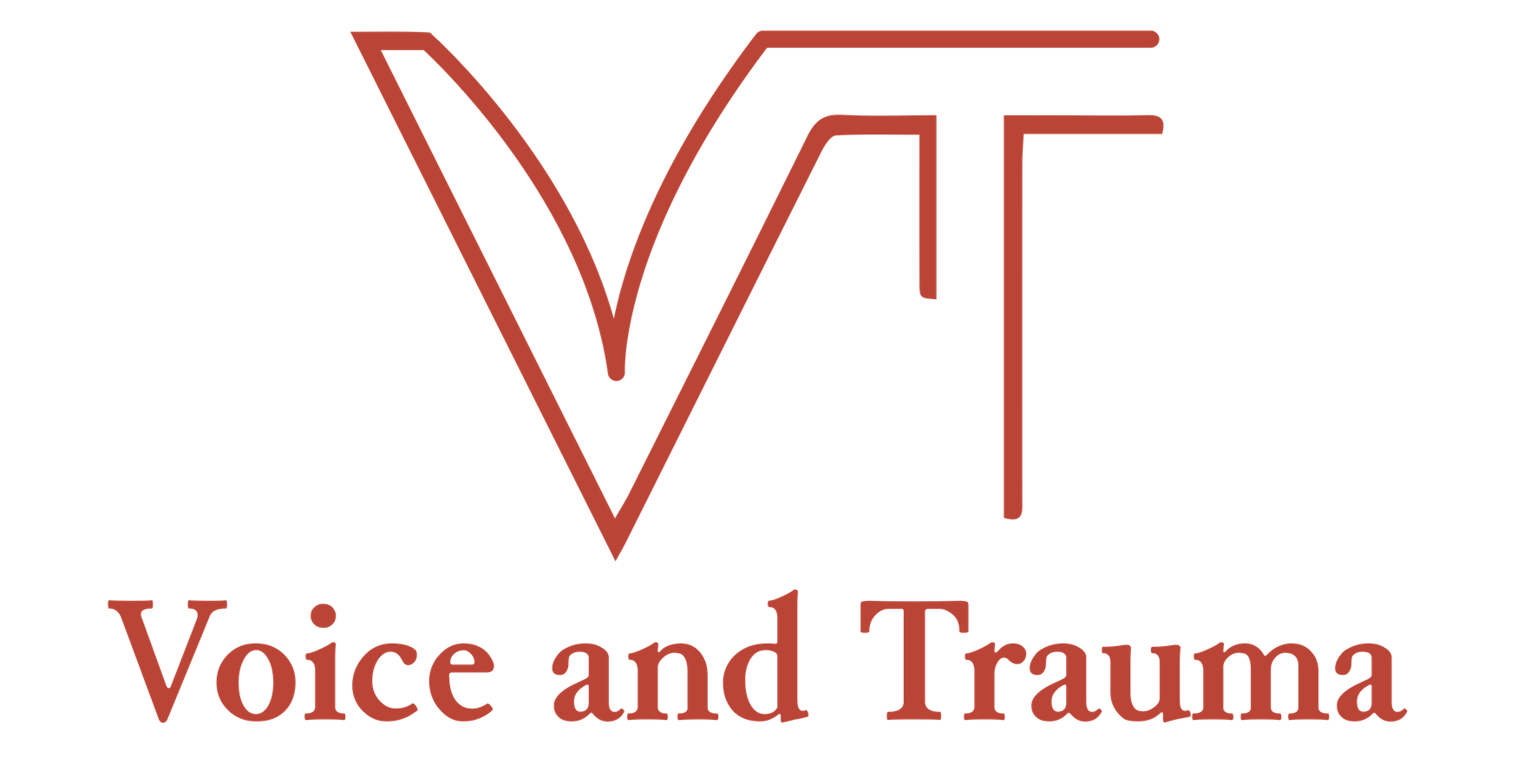Voice and Trauma: What do we know and why is this important?
Mission
Voice is one of the most important means of communication we possess and has been for millions of years. Since the time of the first amphibians, voices have conveyed significant information about both in-group and out-group relations.
Numerous studies have been dedicated to the communication of affect through the use of the voice. How do previous experiences manifest in the voice?
Studies in psychophysiology show that trauma has effects on the nervous system, emotion regulation, social relations, and body language to name a few. This suggests there could be a relationship between trauma and voice.
Our mission is to establish more research to investigate the relationship between a person’s traumatic experiences and their voice and to invite more individuals, scholars, therapists and scientists to discuss and research this relationship.
Why does this matter?
If there is a relationship between trauma and voice, important clinical and interpersonal implications can arise. In this site, we will share current research and the context of these implications.
Notably, we hope to invite all to be part of this dialogue, to share ideas and contribute their thoughts to our mission.
We are open to your changes and contributions to the site as well! Let us know at Let’s Talk - Contact Us.
Voice of Trauma
"Needs and feelings remain unmet and the voice becomes inaudible, tight and tense, breathy and undefined, or simply untrue"
— Diane Austin, 2001

